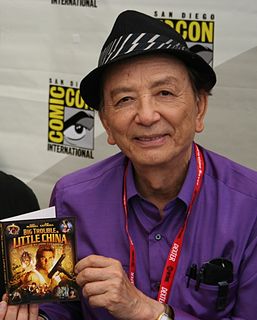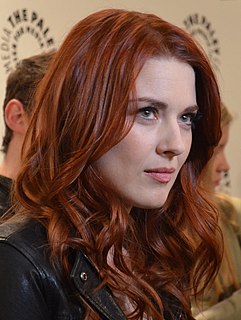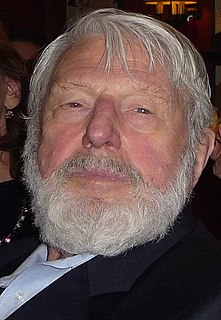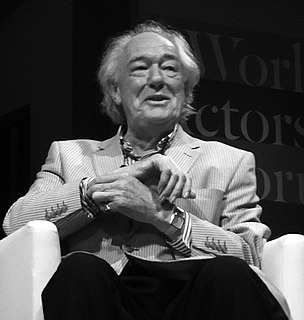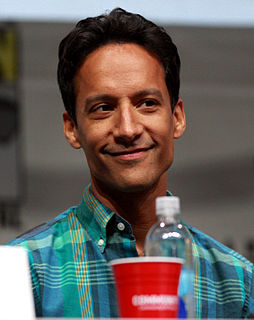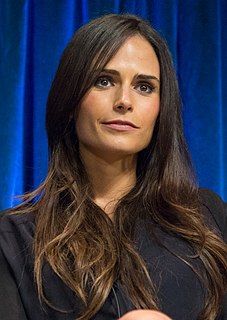A Quote by Kenneth Choi
When you're working on a huge, elaborate set that took months to create, and you're surrounded by hundreds of extras, you better remember your lines and know what you're doing in a scene!
Related Quotes
Definitely as an actor, the experience you have, at least I'm talking for me, my experience as an actor is you go to the set and know what you're going to do, know your lines, you rehearse, you do your scene, you go back home. As a producer, for the first time I saw the whole picture in a completely different way.
In this age, I don't care how tactically or operationally brilliant you are, if you cannot create harmony - even vicious harmony - on the battlefield based on trust across service lines, across coalition and national lines, and across civilian/military lines, you need to go home, because your leadership is obsolete. We have got to have officers who can create harmony across all those lines.
The scene at a certain time was definitely boys; those huge warehouses were kind of violent parties, even. I think people in your immediate community made a nightlife scene that actually did break down gender roles and were along different lines of identity that had to do with race and experience in the '90s, rather than gender.
What I like about music is the songs you can remember the lines of in a single second. The Beatles, The Rolling Stones... You can remember every line to their songs. But today, how often do you remember any of the lines to songs? I mean, I know that one of the Lily Allen's last albums is called It's Not Me, It's You. But I don't know how the songs go.
I think Julianne Moore is very, very good. I've worked with her. We did Surviving Picasso. I remember one scene we did together. She had to have a nervous, a mental, breakdown in this one scene. I didn't have many lines. I just had to make sure I knew I came in on cue all right. And I was just watching her walking though the rehearsal. I thought I know what she's doing, "This is going to be terrific." So they said, "Are you ready" and she said, "Yeah," "Ok, roll the camera." And all in one take.

